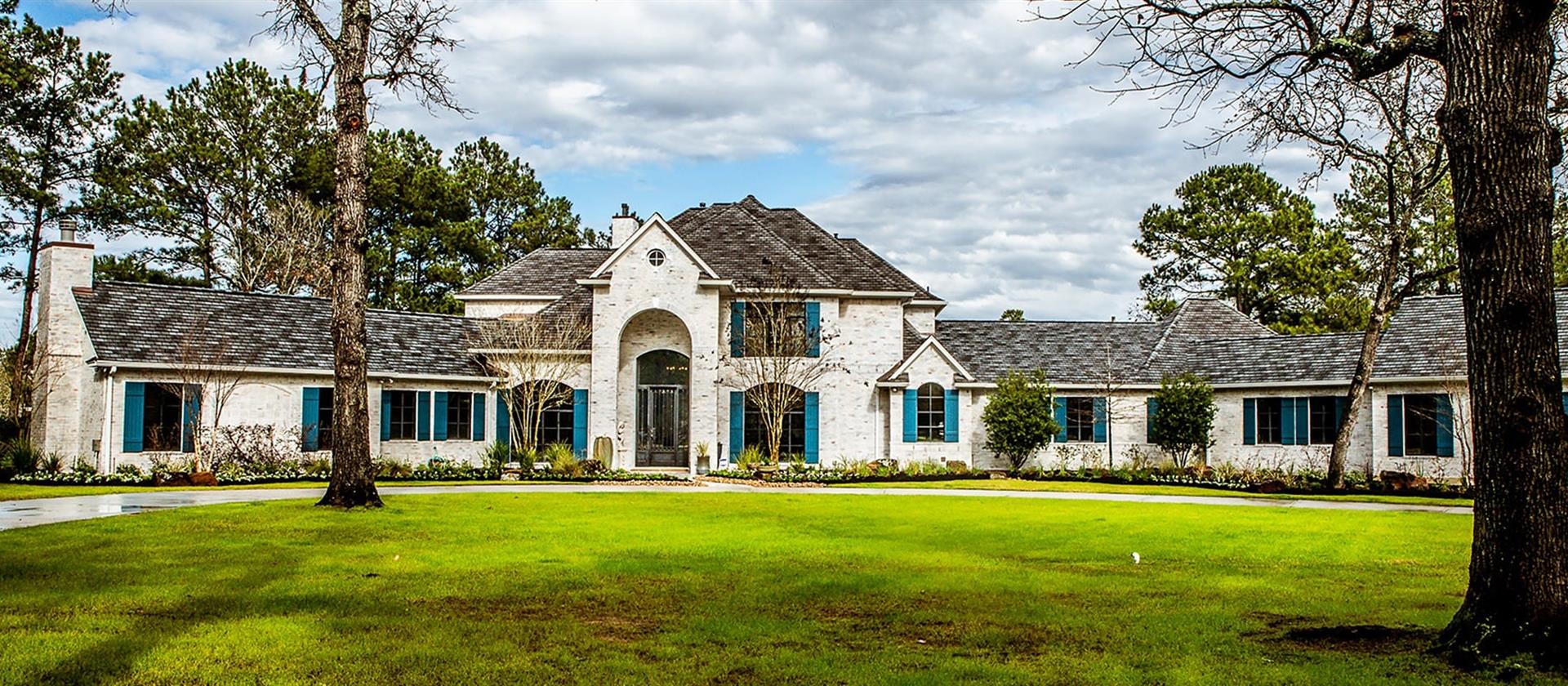So, you’re thinking about building a custom home. The first step, after finding a custom home builder to craft your home, is to find a suitable lot on which to build. We strongly recommend finding a custom home builder before you even have land. Why? Simple. An expert custom home builder will have extensive knowledge which you may not have in terms of what to look for in the soil, what might cause challenges with building your custom home, the zoning of the area to predict what the area might look like in the future, and more.
Selecting a suitable piece of land for your custom home can be an involved process. While you should be sure to communicate thoroughly about your lot with your builder, we hope these questions will help you think things through before breaking ground. Here is a list of things to consider before purchasing acreage or a lot to build your custom home on:
Zoning Requirements
If you’re looking to build a custom home on rural acreage, it’s important to carefully check the zoning on your potential land. The lot you’re looking at could be zoned to eventually be put in a development. If you value your privacy – as most rural landowners do – the last thing you want is a subdivision next door.
Building Setback Requirements
Setback requirements may hinder you from building the home of your dreams depending on the lot size and your square footage.Check with the custom home builder you’ve chosen and get their feedback on how to incorporate your home wants and needs into the land you’ve purchased.
What kind of soil does your lot have?
Soil types vary all over the area north and west of Houston. Soil plays a big role in the cost of your custom home’s foundation. You may be required to over-excavate and bring in better soil, pour caissons, or build a structural floor. All of these scenarios will increase the cost to build on the lot.
Is your lot hilly or flat?
A hillside with a view is beautiful but, depending on the soil and the structure of the hillside, the lot may not be a viable build-site. Building a custom home on rough terrain can require more work on the part of your custom home builder. That doesn’t mean it isn’t doable, just difficult.
The topography of your lot will also determine if your home can have a walk-out basement.
What will it take to bring utilities and infrastructure to the property?
Power, water, and septic are modern necessities — it’s important to factor in how much it would cost to run a connection to a powerline, if there is a city water connection, or if you’d be drilling a well, and if the soil is viable for septic if there is no city sewer to which you can connect.
Is the property located or near a flood zone?
This could cause potential problems in the future. Your contractor could include flood mitigation in the building plan, but you may not get approval to buy the lot to build if there are potential flooding problems.
What will the adjoining properties look like when they are eventually developed?
This is a way of looking at if you’ll be right up against your neighbors or if you’ll be in a more private, open space. You may have an amazing view while the land is under development, but once all the homes are constructed your view becomes obstructed or your neighbors may be able to see right into your living room.
What kind of landscaping will you want your property to have?
If the property is located within the boundaries of a Homeowner’s Association, there may be specific landscape requirements on your custom home. Some areas require a natural native landscape, while others will allow you to be more adventurous with your plantings. Building in communities like Magnolia or The Woodlands will lead to more restrictions, while homes on acreage offer much more freedom.
Are you considering adding a garage, workshop, or other outbuildings?
It’s important to look into the future, no matter how distant projects like this might feel, to see if the land you’re considering has the space and zoning for outbuildings. Our customers often look for a true rural lifestyle, with outbuildings and garages. We want to make sure your land supports what you want in a home.
Keep your contractor on speed dial as you search for land to set your project for success. Having a lay of the land, literally, will help your contractor design the home of your dreams.
With over 30 years in business, J.W. Neathery has a sterling reputation for delivering masterfully-crafted custom homes. Our luxury homes, built on rural acreage, are held in high esteem all around Magnolia, The Woodlands, and other exclusive communities north and west of the Houston metro area. We build on a foundation of honesty, faith, and authentic Texas craftsmanship. Contact our team today and see how we can deliver the home you’ve always wanted in the location that’s perfect for you.

